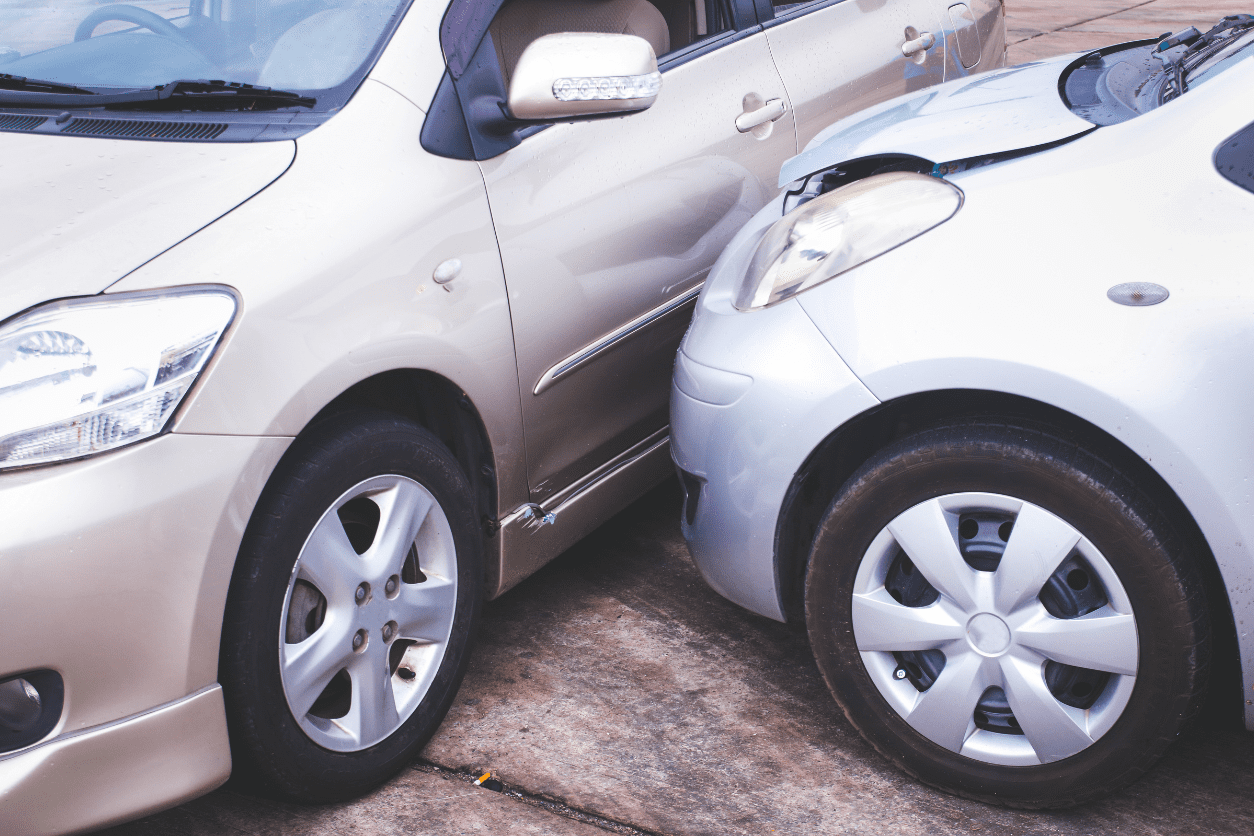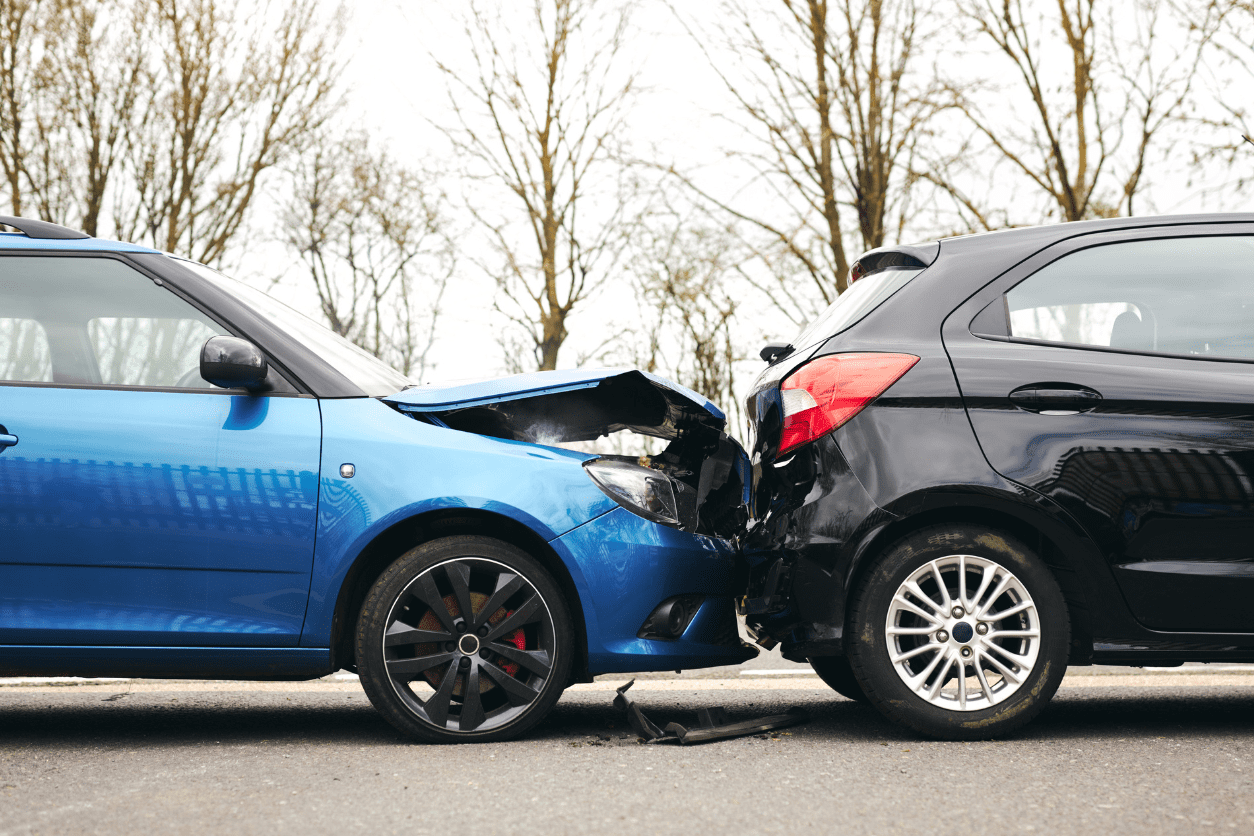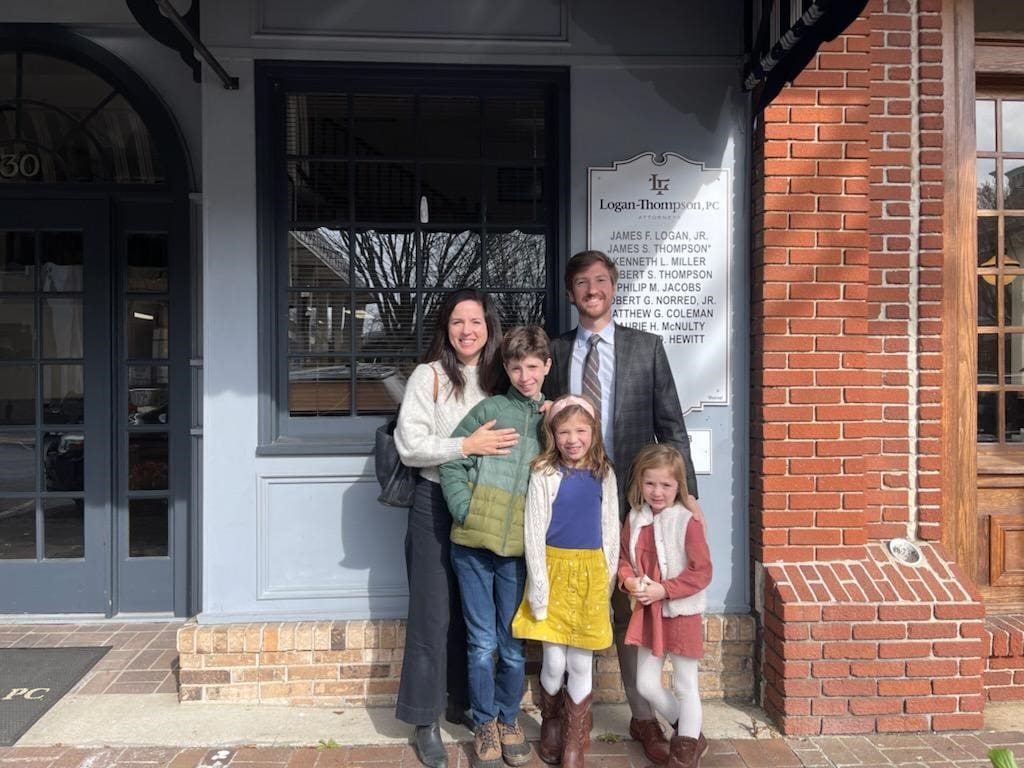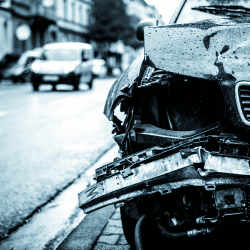On behalf of Logan-Thompson, P.C., Attorneys at Law posted in Personal Injury on Wednesday, November 6, 2019.
With the end daylight saving time on Nov. 3, people in Tennessee and across the U.S. turned back their clocks. While this annual tradition provides an extra hour of sleep, it may also increase the risk of traffic accidents, according to AAA.
Daylight saving time can change a driver’s sleep patterns and disturb their circadian rhythm, making it more likely they could get in a crash. In fact, a study by the Insurance Bureau of British Columbia found that the number of late afternoon collisions went up during the first two weeks following the autumn time change. This is because sleep disruption can affect a driver’s alertness, concentration levels and reaction times. To avoid these issues, traffic safety experts recommend that people try to go to bed at the same time and get plenty of sleep.
Meanwhile, turning the clocks back also means that it gets dark earlier each day. This can make it more difficult for drivers to see pedestrians, bicyclists and other cars. To address the increased crash risk, safety advocates recommend that drivers slow down and stay alert while on the road. They should also make sure their windshield and headlights are clean and turn off their high-beams in the presence of other cars, pedestrians or cyclists. Finally, they should always yield the right of way to pedestrians and never attempt to pass vehicles that are stopped at crosswalks.
A driver who causes a car accident could be sued for damages suffered by a crash victim. For example, an attorney might be able to help an injured victim file a personal injury lawsuit in civil court. This could lead to a settlement that covers the victim’s current and future medical expenses, pain and suffering, lost income, property loss and other crash-related losses.


















